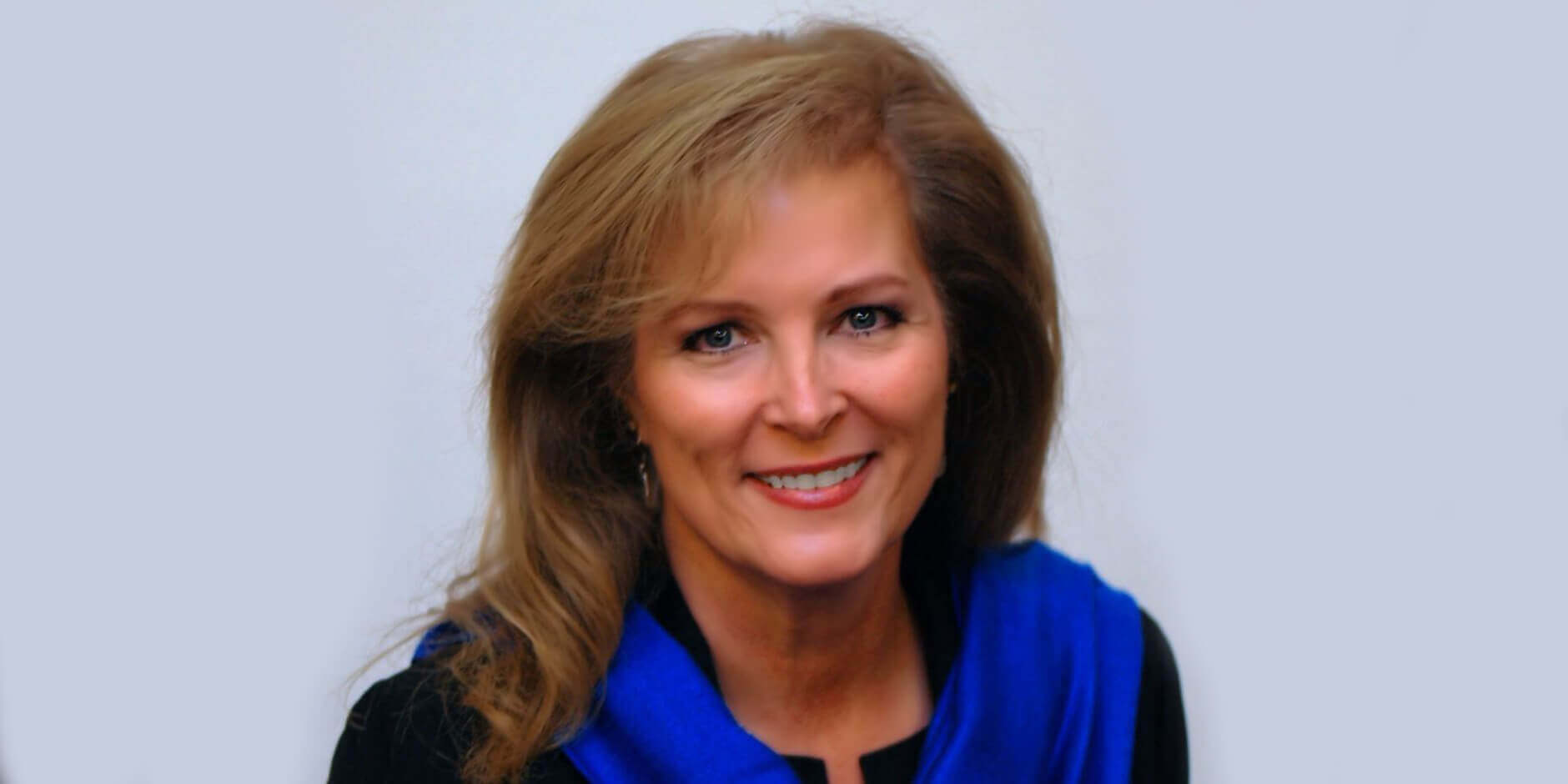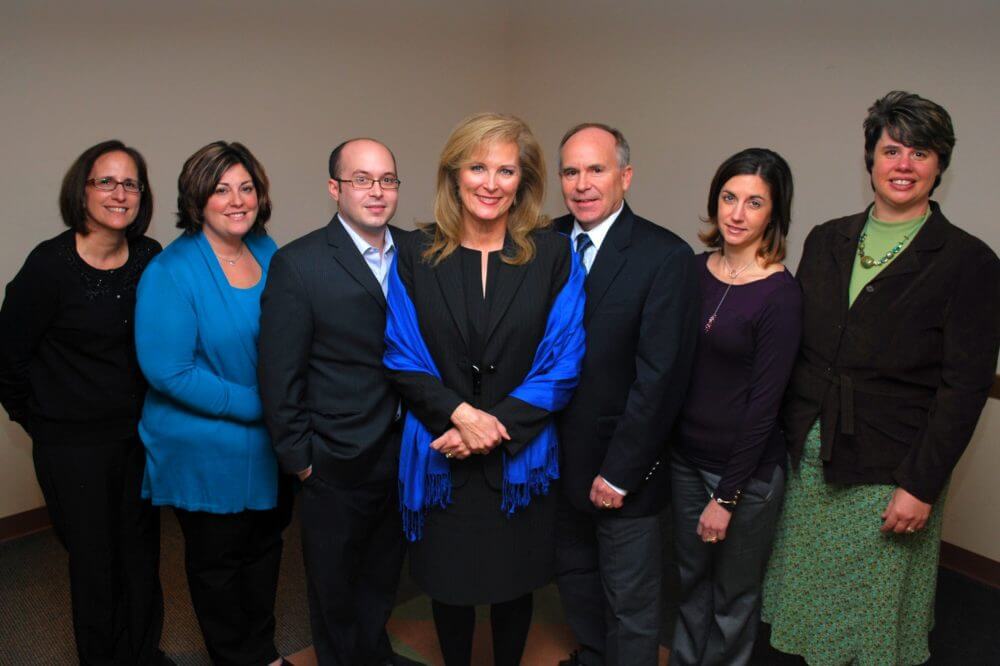
Becky Dorner, RDN, LD, FAND, has spent the past four decades improving the resources and nutrition solutions available for older adults, especially those with swallowing difficulties. Not only has she been an innovator, but a valuable educator as well. She’s used her platform to reach thousands of healthcare professionals across the globe through her webinars and training seminars, and helped serve as a leader in the senior nutrition field. Her contributions to improving nutrition make her more than deserving of the title of “Health Hero”.
by J.K. Scheeres
Ask national nutrition and aging expert Becky Dorner why she’s so passionate about working with older adults, and she’ll tell you a personal story. “I never had the opportunity to know my grandparents,” says the Akron, Ohio native. Both of her grandfathers died before she was born. Due to distance, she never met her grandmother from Australia, and only met her grandmother in Massachusetts a few times.
This absence drew her to other older people, Dorner says. “I wanted to get to know them and found they had so much love and wisdom to offer.”
After graduating from the University of Akron in 1981 with a B.A. in Dietetics, she was hired as food service director and clinical dietician in a 225-bed nursing home. She started her own practice in 1983 consulting to multiple nursing homes, and soon hiring staff to assist with the growing practice.
Many residents were malnourished, experiencing unintended weight loss due to poor food intake. The food was often unpalatable; to comply with restricted diets, cooks were trained to prepare food without salt, sugar, or fat—in short, without flavor.
For older people with poor appetites and nutrition issues, if food doesn’t look, smell and taste appealing, there’s a good chance they won’t eat it. Dorner spent years training kitchen managers to use standardized recipes for consistent, quality food and to taste-test meals before serving them. She also devoted herself to educate on less restrictive diets for those who eat poorly. “If a person refuses to eat because the food has no flavor, what’s the point of a low-salt diet?” she asks.
Once, while visiting a nursing home in Illinois, Dorner was stunned to see the kitchen staff dumping the day’s entrée, fried catfish, into a blender. After adding too much water, they then dumped in an unmeasured amount of food thickener. The result was an unappealing and unappetizing purée food that people refused to eat – leading to waste, additional nutrition supplements and weight loss for residents.
In order to be sure they got some calories and protein, residents were offered protein shakes 3-6 times a day, but they soon tired of chocolate, vanilla, and strawberry shakes and would refuse the shakes as well. As a result, Dorner says, residents were losing dangerous amounts of weight and becoming malnourished, which hastened their overall decline.
An Innovator In Health and Nutrition
At the time, there were no recipe books or commercial products available for adult puréed food. So Dorner spent evenings and weekends developing her own purée recipes in her home kitchen, using a colleague and her three kids as taste testers. In 1989, she published Puree Pizzazz, one of her first books which included 85 original recipes and instructions on how to create tasty pureed food. “We are so fortunate to have great commercially prepared pureed foods and thickened liquids available today. These products look and taste great and are well accepted by residents,” Dorner says.
Her initial quest to help nursing home residents eat better turned into a crusade. In the four decades since, Dorner has published dozens of books and articles on senior nutrition, given hundreds of presentations around the world, and trained thousands of other registered dietitian nutritionists (RDNs) and healthcare professionals on the importance of offering older adults food that is both nourishing and flavorful.

Dorner’s twenty-page resume is a reflection of her dedication to her work, listing the twenty board positions she’s held with professional associations, including the Academy of Nutrition and Dietetics (Academy), which represents over 100,000 practitioners.
The practice she launched in 1983 now employs 35 people, mostly RDNs. Through her consulting work she discovered other needs which resulted in the creation of many resources and educational tools to share with others. They were so well-received that she developed a whole new organization, Becky Dorner & Associates, to provide education and resources for health care professionals. Her website offers a wealth of information on senior nutrition, from diet and nutrition care manuals to courses RDNs can use to earn continuing professional education. More than thirty-five thousand health care professionals subscribe to her free e-newsletter to stay updated on the latest news and research in the field.
“Becky is considered a pioneer in developing specialized recipes, menu programs, and, in particular, dining programs for older adults,” says Mary Ellen Posthauer, an RDN based in Evansville, Indiana, who collaborated with Dorner on a study for the Academy of unintended weight loss in older adults. “She encourages clinicians working either in the community or in long-term care to expand their focus and provide person-centered care for all older adults.”
“Each person is unique, so it’s essential that we provide person-centered care; assessing each individual, and implementing nutrition strategies based on their unique needs, personal and cultural preferences related to food”, says Dorner.
Other nutrition experts are unreserved in their adulation of her.
“Over the years Becky’s work has helped countless practitioners deliver state-of-the art nutrition care to a vulnerable population,” says Liz Friedrich, a nutrition consultant in Salisbury, North Carolina. “There is no way to measure her impact on the quality of direct patient care, but it is clearly substantial.”
“At one point when I made a major career change, Becky reached out and helped guide me through doors that opened up new opportunities to expand my skills in areas that I love,” says Brenda Richardson, an RDN in Salem, Indiana. “Over the years, Becky has impacted thousands of providers with resources and tools to improve nutritional care and services. Our profession is better because of Becky Dorner.”
At the start of the COVID-19 pandemic, Dorner jumped into action to provide professionals with information they needed to continue to provide quality services to their residents, developing a series of 14 free webinars. What’s next? She’s finalizing a 5 part webinar series to train frontline workers including cooks, nurses, and other caregivers who work with dysphagia patients.
“The needs are great in healthcare and there’s always more we can do to make a difference,” she says. “There’s always new information, new tools, new research. It’s exciting to me to be able to help people.”
*Disclosure: Becky Dorner is a consultant to Hormel Health Labs.
The online malnutrition assessment is an easy tool to figure out if you or someone you know may be suffering from a lack of proper nutrition.